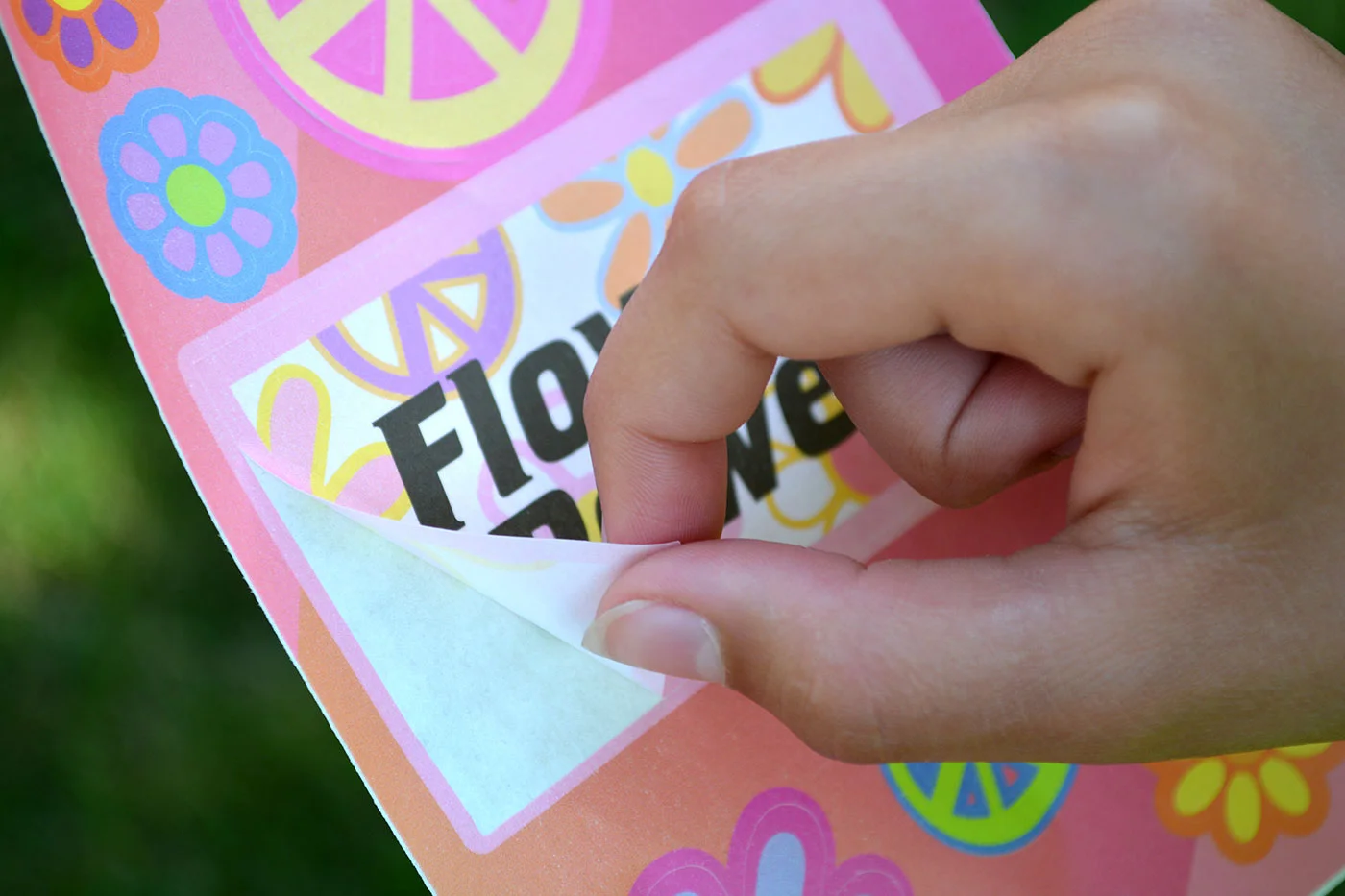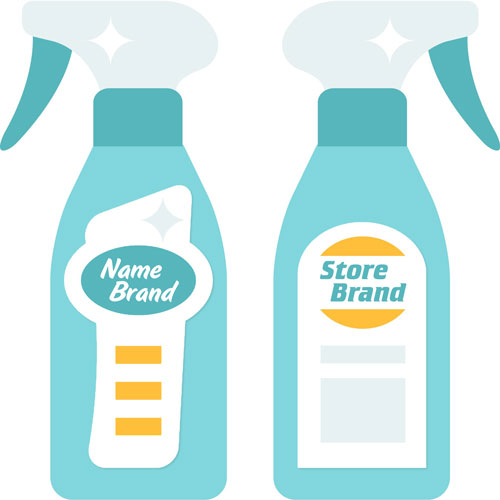Given how competitive the CBD industry has become in recent years, it’s easy for entrepreneurs to feel as though they’ve missed the boat. However, in spite of the market’s saturation, there’s still plenty of opportunity for new brands to get in on the action. Time is certainly of the essence, but with a little research, persistence and creativity, you’ve got a fair shot at cashing in on the expanding cannabinoid boom.
The first thing to understand if you’re considering launching your own CBD product line is that the industry is no longer a Wild West of retail. Gone are the days when companies could get CBD products on the shelves with little or no laboratory testing. Due to increasingly stringent FDA regulations, you have to be extremely vigilant in the production, labeling and marketing of your CBD; otherwise you could wind up on the wrong end of a class action lawsuit.
The next thing to understand is that, unless you have really deep pockets and significant botanical expertise, you’re probably not going to be manufacturing your own CBD. Few individuals have the means to set up their own private production facility and laboratory. For the vast majority of cannabinoid start-ups, the best option is to sell private label CBD products, also known as white label CBD products.
What is a private label CBD product?
If you start a private label CBD brand, you’ll be getting your products from a supplier rather than manufacturing them yourself. Taking this route enables you to access a sophisticated independent lab without paying through the nose. Suppliers have all the necessary knowledge, experience and equipment to develop first-rate products that are both natural and safe—the top two qualities consumers have in mind when shopping for CBD.
Using a CBD supplier doesn’t mean surrendering control over your product. On the contrary, a good supplier will manufacture the product with your input and specifications in mind. In addition to saving you money, this also saves you time, allowing you to concentrate more of your energy on marketing your CBD so that it stands out from the competition.
These days there’s no shortage of private label CBD suppliers to choose from. Cope Online is an example of a trusted and reliable company. Of course, not all suppliers are created equal and you need to exercise care when choosing one to develop your company’s product line.
Finding a supplier
The first point to consider is transparency. A good supplier won’t keep anything a secret from you; that includes detailed information on their production facilities, harvesting and manufacturing processes, and testing procedures. If a supplier is reluctant to provide these particulars, or if they aren’t readily available to address your questions and concerns, you should look elsewhere.
Don’t settle for a supplier that manufactures a limited assortment of products. You want your supplier to be versatile and have the capacity to develop an array of products for you to experiment with. Additionally, they should have the flexibility to tailor products specifically for your brand.
Moreover, a good supplier will be able to tell you exactly why they deserve to be entrusted with the work of developing your product. What sets them apart from their competitors? How successful are their other clients? These are critical questions to which the right supplier will have the answers.
Building your brand and complying with requirements
Once you decide on a supplier, the next step is designing your brand in a way that appeals to consumers. This is easier said than done, of course, particularly when you’re dealing with a market crowded with high-quality products as the CBD market currently is. Success here depends on creativity and originality, plus an ability to maximize the potential benefits of social media and SEO. That’s for you to figure out.
As we alluded to above, CBD products are strictly regulated by the FDA. You are required, for example, to include certain information on all of your product labels. It’s crucial that you understand and comply fully with these requirements, as the FDA has demonstrated that it has no qualms about imposing harsh penalties “non-compliant” brands. The last thing you want is for your private label CBD company to go under before it even gets off the ground.
For information on how to label your CBD products, please contact Century Label today for all your custom printed CBD labeling and packaging needs.
Article written for Century Label by Eric Van Buskirk









